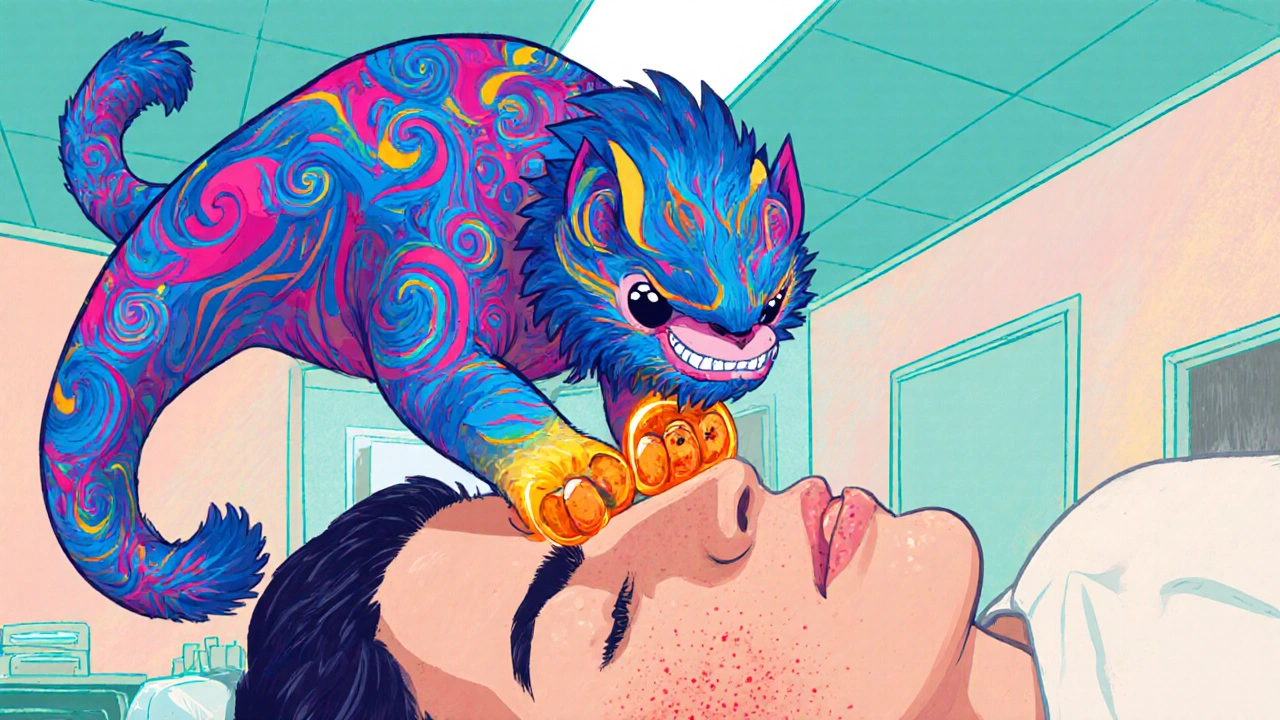Depression – Practical Guides and Tips
If you’ve ever felt down for weeks on end, struggled to enjoy things you used to love, or found it hard to get out of bed, you might be dealing with depression. It’s not just “having a bad day” – it’s a medical condition that affects thoughts, feelings, and daily actions. The good news? There are clear steps you can take right now to understand what’s happening and start feeling better.
Understanding Depression and Its Signs
Depression shows up in many ways. Common signs include persistent sadness, loss of interest, fatigue, changes in appetite, trouble sleeping or sleeping too much, and thoughts of worthlessness. It can also cause physical symptoms like headaches or stomach aches. Notice how these symptoms last more than two weeks and interfere with work, school, or relationships? That’s a red flag worth checking with a professional.
While everyone’s experience is unique, many people find that depression co‑exists with other health issues. For example, our post on Blood Clot Risk and Mental Health explains how chronic stress and low mood can raise clotting factors, adding another layer to your health picture.
Managing Symptoms with Meds, Supplements, and Lifestyle
There’s no one‑size‑fits‑all cure, but you can build a toolbox that works for you. Medications like selective serotonin reuptake inhibitors (SSRIs) are often first‑line, yet they come with side effects. If you’re already taking drugs for other conditions – say gabapentin for nerve pain or atenolol for blood pressure – talk to your doctor about how they might interact with antidepressants. Our guide on How to Buy Cheap Generic Gabapentin Online Safely gives tips for spotting legit pharmacies, which is handy if you need to adjust doses under medical supervision.
Supplements can support mood, but they’re not magic pills. Herbs such as Moneywort, Yellow Dock, and Clary Sage have been studied for anti‑inflammatory and stress‑reducing properties. For instance, Moneywort (Lysimachia nummularia) may help balance cortisol, the stress hormone, while Yellow Dock supports liver detox – a factor in hormone regulation. Always check the safety profile and discuss with a healthcare provider before adding any new herb.
Non‑pharmacologic strategies are equally powerful. Simple daily habits – a short walk, consistent sleep schedule, and a balanced diet rich in omega‑3 fatty acids – can lift mood over weeks. Mind‑body practices like deep breathing or brief meditation can calm the nervous system, reducing the mental overload that fuels depression.
If you find yourself battling embarrassment from physical symptoms (like bloating or migraine side effects from meds), remember you’re not alone. Our article on Coping with Embarrassment from Meteorism offers practical ways to talk about these issues without feeling ashamed, which can lower anxiety and improve overall wellbeing.
Finally, never underestimate the value of professional help. Therapy, whether cognitive‑behavioral or interpersonal, gives you tools to reframe negative thoughts and develop coping skills. Pairing therapy with medication, when needed, often yields the best outcomes.
Bottom line: depression is treatable, and you have choices. Start by recognizing the signs, talk openly with your doctor about current meds and any supplements you’re curious about, and add small lifestyle tweaks daily. With the right mix, you’ll notice progress – even if it feels slow at first. Keep tracking your mood, stay patient, and reach out for support when you need it. You deserve to feel better, and the resources on this site are here to help you on that journey.
Isotretinoin and Depression: How to Monitor Mental Health Safely
Learn how isotretinoin can affect mood, what the latest studies show, and practical steps for safe mental‑health monitoring during acne treatment.
Alopecia’s Effect on Mental Health: Coping & Support Guide
Explore how alopecia impacts mental health and well‑being, learn coping tactics, and discover support resources for a healthier mindset.

